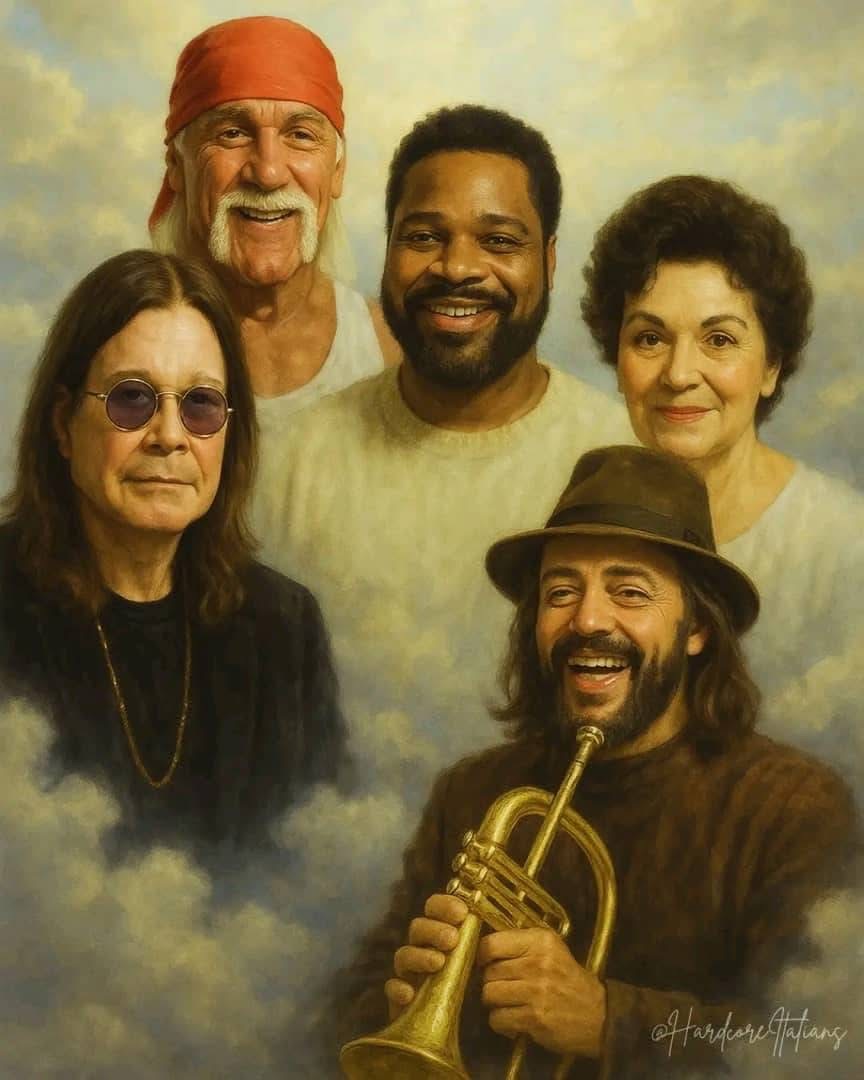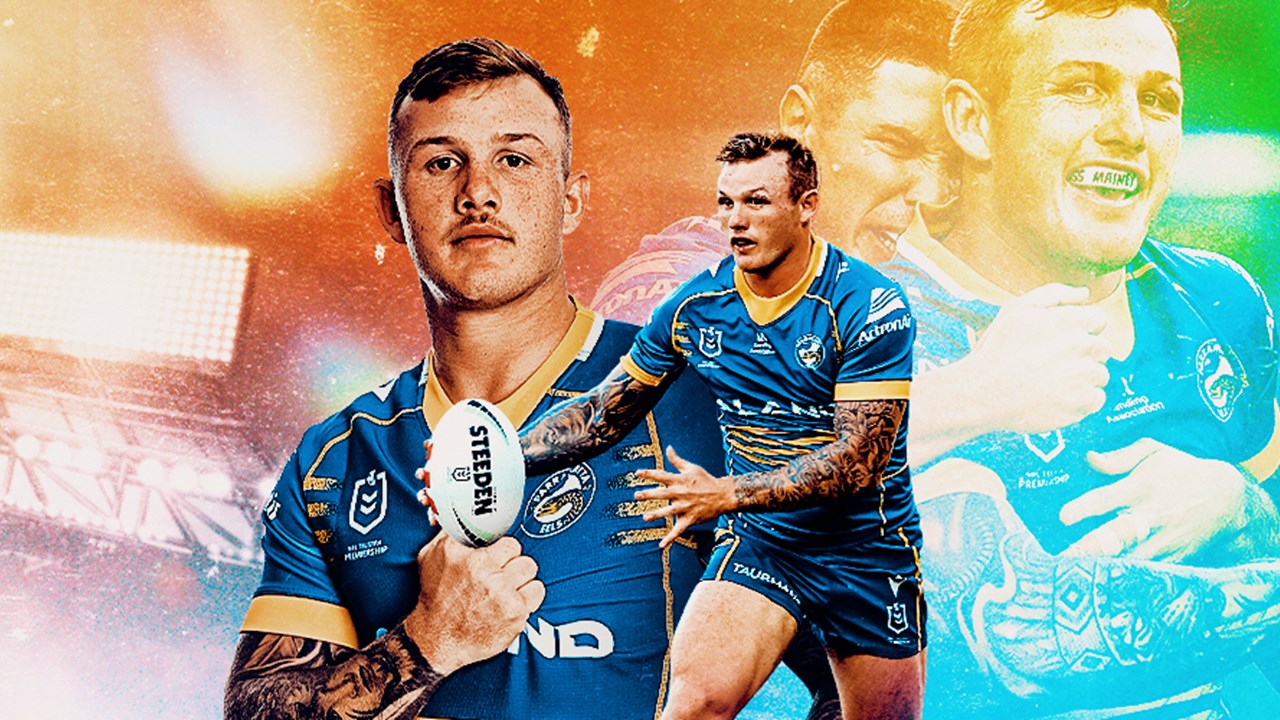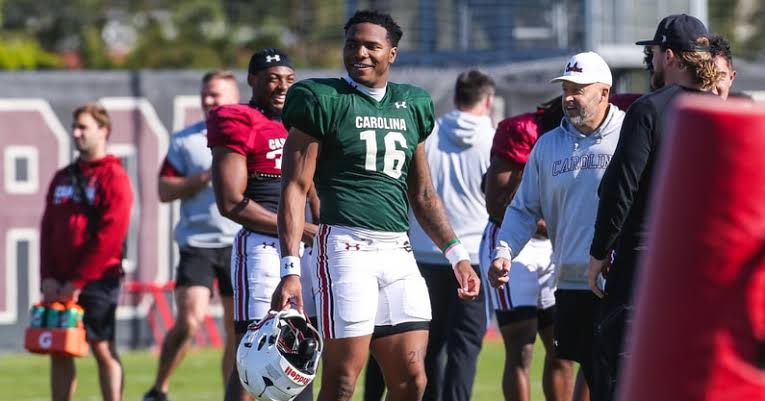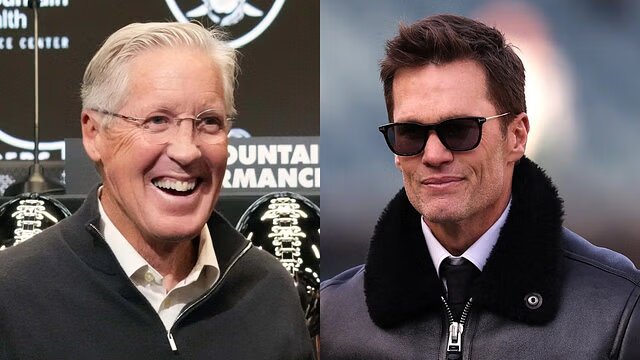There are weeks in history when the world feels unbearably heavy, when the headlines deliver not just one passing of a cultural icon, but a wave of them, one after the other. It leaves us shaken, disoriented, and deeply aware of how fragile even the brightest lights can be. This past week has been one of those moments. With the loss of Connie Francis, Chuck Mangione, Ozzy Osbourne, Hulk Hogan, and Malcolm-Jamal Warner, the world has grown quieter. Their contributions, so different yet equally unforgettable, formed part of the soundtrack of our lives. Now, in their absence, we find ourselves piecing together what they meant to us, and how their spirits will continue to linger long after the mourning fades.
A Voice That Defined an Era: Connie Francis
Connie Francis wasn’t just a singer; she was a storyteller. Her voice, soaring yet tender, defined the pop sound of the late 1950s and 1960s. Songs like “Who’s Sorry Now?” and “Stupid Cupid”captured youthful longing and heartbreak in ways that were both playful and profound. For many listeners, her music was their first introduction to the complexities of love—romantic and bittersweet all at once.
Francis also embodied resilience. She endured personal struggles that could have silenced her, but instead she returned to music again and again, reminding us that artistry often emerges from perseverance. With her passing, we lose not just a singer but a bridge to a time when innocence and vulnerability could still dominate the charts.
The Gentle Horn of Chuck Mangione
If Connie Francis gave voice to longing, Chuck Mangione gave sound to joy. His flugelhorn was his instrument of choice, and through it he crafted melodies that seemed to float on air. His hit “Feels So Good” wasn’t just a jazz-fusion classic; it was a mood, a moment, an entire philosophy distilled into notes.
Mangione’s music was effortless yet intricate, accessible yet deeply technical. He had the rare gift of creating instrumental music that felt as intimate as lyrics. For listeners, his sound became synonymous with summer drives, lazy afternoons, and peaceful reflection. The silence left by his passing feels particularly sharp, because Mangione gave us music that didn’t just entertain—it comforted.
The Prince of Darkness: Ozzy Osbourne
Ozzy Osbourne’s name will forever be etched into rock’s history books. As frontman of Black Sabbath, he was at the forefront of heavy metal, a genre that gave voice to rebellion, alienation, and raw energy. Songs like “Paranoid” and “Iron Man”weren’t just tracks; they were battle cries for generations who felt on the fringes of society.
Ozzy was chaotic, unpredictable, often misunderstood—but he was also deeply human. His solo career produced anthems like “Crazy Train” that remain staples in rock history. Beyond the music, his public persona—sometimes outrageous, sometimes vulnerable—made him one of the most relatable rock icons of all time. His passing feels like the closing of a chapter in music itself. Metal, as we know it, would not exist without Ozzy Osbourne.
Larger Than Life: Hulk Hogan
Professional wrestling has always thrived on spectacle, but Hulk Hogan transformed it into a global phenomenon. With his booming charisma, handlebar mustache, and catchphrases like “Whatcha gonna do, brother?” he transcended the ring to become a cultural icon.
To children of the 1980s and 1990s, Hogan was more than a wrestler. He was a hero, a symbol of strength, and a reminder that sometimes good really could triumph over evil—even if it was just in the scripted world of wrestling. His larger-than-life persona inspired countless fans to believe in themselves, to cheer, to play, and to dream. His passing isn’t just a loss for wrestling; it’s a loss for pop culture as a whole.
The Heart of a Generation: Malcolm-Jamal Warner
For television fans, Malcolm-Jamal Warner was a household name from his teenage years. As Theo Huxtable on The Cosby Show, he became a symbol of youthful curiosity, growth, and humor. Warner gave depth to a character that might otherwise have been flat, infusing Theo with charm and relatability.
For millions, he was more than just a fictional character—he was the friend they grew up with, the brother they wished they had, the voice of adolescence navigating the tricky path toward adulthood. Warner’s career extended far beyond that role, with acting, directing, and music projects that showcased his multifaceted talent. Still, it was Theo who made him immortal in the hearts of viewers. Losing him so young makes the grief even harder to bear.
Why This Hurts So Much
Individually, each of these figures left their mark. But what makes this week’s losses feel so heavy is the collective weight of them all together. It’s rare to lose so many beloved icons in such a short period of time, and when it happens, it feels like a cultural rug has been pulled out from under us.
Part of the pain is personal. These were the voices and faces that guided us through pivotal moments—first loves, family gatherings, Saturday mornings in front of the TV, nights at concerts that became lifelong memories. When we lose them, it feels as though parts of our own lives vanish too.
The Gift of Legacy
Yet in loss, there is also gratitude. These legends gave us more than performances; they gave us pieces of themselves. Connie Francis left us with melodies of tenderness. Chuck Mangione gave us the sound of joy. Ozzy Osbourne showed us that chaos can be cathartic. Hulk Hogan proved that showmanship could inspire hope. Malcolm-Jamal Warner reminded us of the power of representation and relatability.
Their gifts remain, woven into the cultural fabric. We can still press play on their songs, watch their performances, replay their matches, revisit their shows. Through art and memory, they live on.
Finding Comfort
Grief often leaves us searching for ways to cope, and collective grief is no different. Perhaps the best way to honor these legends is to celebrate their contributions. Share their music with new generations. Watch their performances with fresh eyes. Tell the stories of how they touched your life.
Legacies are built not only on what someone creates, but on how their creations continue to ripple outward. As long as we carry their art with us, their presence endures.
A Quiet but Eternal Echo
The world may feel quieter right now. The absence of these icons leaves gaps that cannot truly be filled. But in another sense, the silence is deceptive. Because if you listen closely—turn on a record, flip on an old episode, replay a highlight reel—you’ll hear them. They are still here, still speaking, still reminding us of the power of human creativity and connection.
And maybe that’s the lesson we need most in weeks like this: the reminder that even in loss, the art and love that people leave behind is indestructible.
So may Connie Francis, Chuck Mangione, Ozzy Osbourne, Hulk Hogan, and Malcolm-Jamal Warner rest peacefully above the clouds. Their light, their art, and their spirit will forever shine in the hearts of those they touched. The stage may be quieter, but their echoes will never fade.



